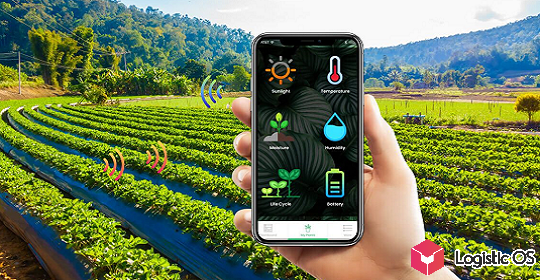The current situation is forcing Russia and China to seek forced solutions, and barter trade may be one of these solutions.
Trade turnover between Russia and China is currently growing rapidly, but there are also problems.
In particular, Chinese banks are afraid of secondary US sanctions for cooperation with Russia, so they often refuse to accept payments. Moreover, we are talking even about such payments that are made in rubles and yuan.
At the same time, such a problem exists in trade not only between Russia and China, but also in many other countries under sanctions, so the experience of bypassing sanctions through barter may well be scaled up, experts believe.
The nuances concerning barter transactions are currently being worked out.
It is expected that everything will be agreed upon in the near future, so the first transactions for the supply of agricultural products may take place this fall, experts say.
What agricultural products can be supplied by barter?
The list of such goods can be quite extensive.
For example, Russia traditionally supplies fish, vegetable oils, soybeans and peas to China. It is possible that these goods will be supplied via barter.
In turn, China supplies juices and garlic to Russia. It is quite possible that such products will also be supplied via barter.
At the same time, it is not at all necessary that some types of agricultural products will be exchanged for others, experts believe.
For example, a scheme is possible in which Chinese imports will be exchanged for Russian energy resources, or Russian beans will be exchanged for electronics from China.
Some analysts are concerned against this background that agricultural raw materials from Russia, such as fish, will not be exchanged for products made from these raw materials, such as fish fillets.
This will mean that Russia is reducing its own processing on its territory, which cannot be considered positive for its economic and food security.
In general, barter trade is generally considered a forced and temporary measure; it looks like a step back against the backdrop of all the instruments that were used in bilateral trade before.
“In the context of increased pressure on the Russian financial system, this approach allows us to minimize currency risks, as well as avoid delays and restrictions associated with traditional banking operations.
The prospects for barter trade, especially in the current geopolitical situation, look quite real, although they require careful coordination between the parties,” notes Yaroslav Kabakov, Strategy Director at Finam Investment Company.

